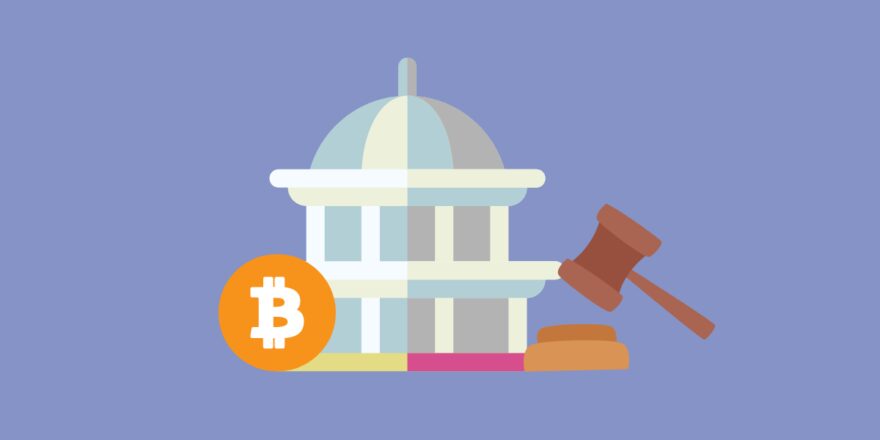Ripple CTO and SEC Director Clash on Exchange Regulation; Here's the Heated Debate – Coinpedia Fintech News
Ripple CTO frustrated with SEC’s lack of action on crypto exchanges.
Ruling on XRP fuels debate on secondary market sales.
Schwartz calls for clear crypto regulations driven by public opinion.
Ripple Labs’ David Schwartz, who holds the Chief Technology Officer (CTO) position, has voiced his frustration over former Securities and Exchange Commission (SEC) division director Marc Fagel’s viewpoints on crypto exchange oversight.
The digital currency community has been fervently debating the potential ramifications of a ruling by Judge Analisa Torres in the ongoing SEC vs Ripple legal battle. The court’s decision that the digital token XRP cannot be classified as security has provided a tailwind for further secondary market sales of XRP.
Fagel’s Take on Crypto Regulation
Marc Fagel jumped into the fray with a statement that challenged the ruling’s impact on regulatory authority. He suggested that if sales via crypto exchanges are not deemed securities sales, the SEC might lack the jurisdiction to regulate such exchanges.
Fagel sarcastically hinted at the prospects of Congress crafting a reasonable crypto regulation system in the near future. Moreover, he suggested that with less oversight in the crypto sphere, the SEC could allocate resources to protect investors who genuinely seek protection.
Schwartz’s Scathing Rebuttal
In response to Fagel’s remarks, Schwartz delivered a fiery counterargument, describing Fagel’s comment as misleading and incorrect. He pointed out that the courts are not responsible for regulating crypto exchanges, and the SEC has exhibited a lack of initiative toward doing the same.
Schwartz further argued that the Coinbase scenario illustrated the SEC’s reluctance to regulate. In his view, the only action courts have taken is to punish exchanges that exist and try to abide by the law.
Read More: “It’s Time to Relist”: Coinbase to Re-Enable XRP Trading After Ripple Scores Win
The Ripple CTO painted an alternate picture of the ideal regulatory process, which begins with public opinion pushing Congress to regulate an area. If Congress does not heed the call, the resultant issues and negative consequences would eventually pressure them to take action. This approach, Schwartz believes, could eventually lead to the creation of clear regulations that people can understand and comply with.
What are your thoughts on this fiery clash?
Source: Read Full Article


